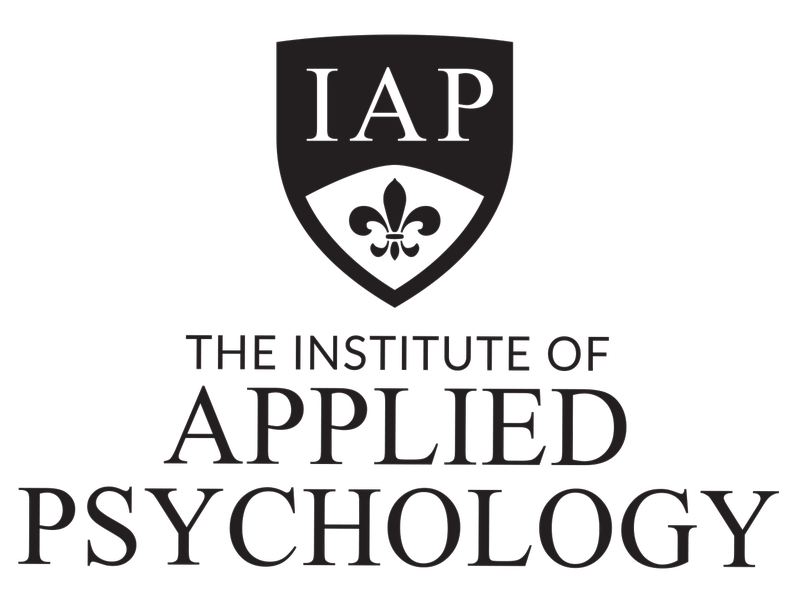Policy Statement
IAP recognises the value of AI as an educational resource while emphasising the importance of original thought and work in the learning process. This policy provides guidelines for the appropriate use of AI in coursework and assessments.
Acceptable Use of AI
- AI as a Learning Resource: Students are permitted and encouraged to use AI tools as supplementary learning resources, similar to how they would use textbooks, articles, or other reference materials.
- Understanding Complex Topics: AI can be used to gain a better understanding of complex topics, concepts, or questions presented in coursework.
- Exploration and Research: Students may use AI to explore different perspectives on a topic or to find relevant information for further research.
- Brainstorming and Idea Creation: AI tools can be used for brainstorming ideas or generating starting points for assignments, provided that the final work is the student's own.
Not Acceptable Use of AI
-
Direct Answering of Questions: Students must not use AI to directly answer questions in assessments.
-
Essay or Response Generation: AI must not be used to generate essays, reports, or responses to activities or questions that are to be submitted as the student's own work.
-
Plagiarism: Submitting AI-generated content as one's own work is considered plagiarism and is strictly prohibited.
- Circumventing Learning Objectives: Using AI in a way that bypasses the intended learning process or objectives of an assignment is not only not allowed but is detrimental to the student's learning
Best Practices for AI Use
1. Citation: When using AI as a resource, students should cite it appropriately, just as they would any other source.
2. Critical Thinking: Students should always apply critical thinking to information obtained from AI sources, verifying it against other reliable sources.
3. Transparency: If AI tools have been used in the research or preparation process, students should be transparent about this in their work.
4. Seeking Clarification: If students are unsure about whether a particular use of AI is acceptable, they should consult with the facilitator or assessor.
Consequences of Policy Violation
Violations of this policy will be treated as academic misconduct and may result in disciplinary action, including but not limited to:
• Receiving a Not Yet Satisfactory for the assessment
• Not completing the course
• Suspension or expulsion from the course(s)
Policy Review
This policy will be reviewed regularly to ensure it remains relevant and effective in light of evolving AI technologies and educational practices
Penalties
If you are suspected of cheating, your trainer/assessor will investigate to establish evidence to support the suspicion. If there is evidence to support the suspicion, your trainer/assessor will notify the RTO manager and set out the concerns to you
in writing, requesting a time to discuss the matter. You will have the opportunity to counter the allegations made against you.
Once you have provided your information, IAP may come to one of two decisions:
• It is a minor or unintentional offence, and you will need to undergo an alternative form of assessment (such as a short oral assessment) which may involve talking about the work or questioning. The penalty in this case is that you will receive the lowest level of competency or pass for all the learning outcomes being assessed.
• It is a serious offence, and you will fail the module. Repeated offences of cheating – minor or serious – will result in failure of the module plus a record on your student file, together with the reason.
You will be advised of all penalties in writing.
What if I Don’t Agree with the Decision?
If you are accused of and penalised for cheating and believe that the accusation is unjust, you have the right to appeal against the charge. This appeal must be lodged in writing with the educational manager of the program within one week of the
penalty being imposed.
The appeal may be lodged against:
• The process.
• The decision.
• The penalty.
The appeal will be investigated and a decision will be advised to you within a week of your appeal. If you are having difficulties with your studies, you are encouraged to seek help from your trainer/assessor.
Have further questions or need help? Contact us on:
📞 1300 380 681
